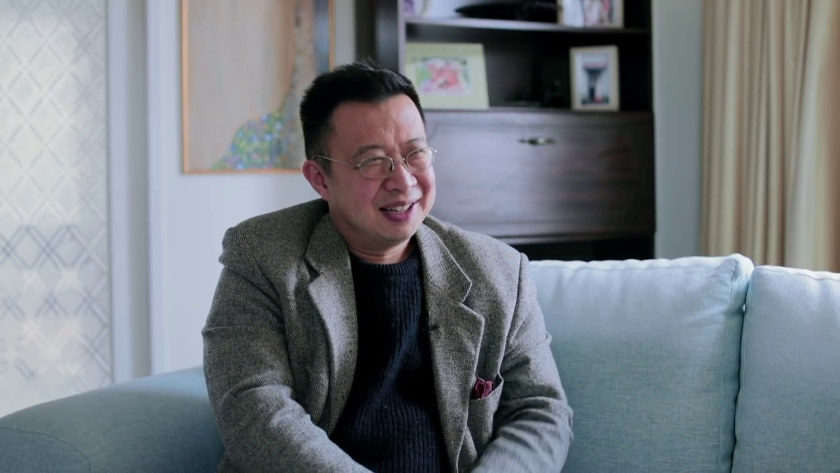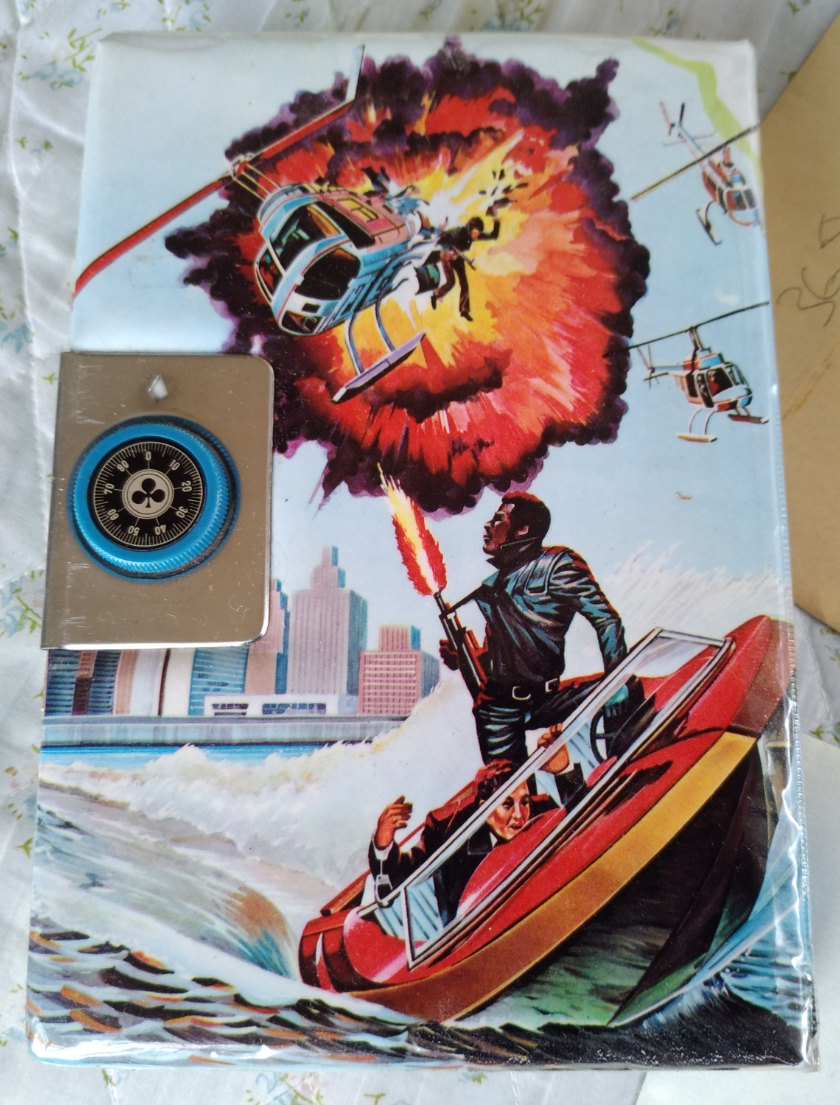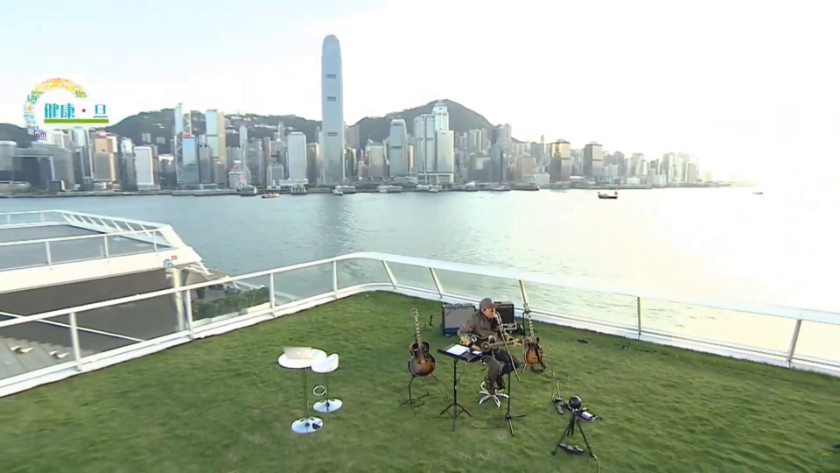Looking back over the years
And whatever else that appears,
I remember I cried when my mother died
Never wishing to hide the tears.
And at fifty-nine years old,
My father, God rest his soul,
Couldn’t understand why the only lass
He had ever loved had been taken,
Leaving him to start
With a heart so badly broken
Despite encouragement from me,
No words were ever spoken.
And when he passed away,
I cried and cried all day.
Alone again, naturally.
Considering Gilbert O’Sullivan was 21 when he wrote ‘Alone Again’, it’s a remarkably mature lyric, particularly as he didn’t know his father well, and his mother was alive when the song was penned.
But it is my current earworm and with a slight change in the words, it reflects my mood.
Of course I’m not “alone”: I have a partner and a network of friends, but there is an element of loneliness as part of the immigrant experience that hardly anyone talks about.
When you emigrate to parts unknown with your parents, and you don’t have a say in it, you arguably have a different perspective on your new home country than someone who perhaps chose to go there, and you certainly have a different perspective to someone born and bred there.
I’ve never blogged the full story though most of my friends know it.
There is a photo somewhere of my family as I knew it at age two or so: my parents, my maternal grandmother, and me. At that age, I knew there were other family members—paternal grandparents, aunts, uncles, cousins—but this was my immediate definition of family, and I held on to that for a long time. Certainly it was my definition during my formative years.
I came with my parents and not my grandmother, landing here three days shy of my fourth birthday.
When my grandmother arrived in March 1978 under the family reunion policy, my mother and I being her only living descendants, I felt ‘the family’ was complete again.
Immigrants will probably tell you, more so if they are not of the majority race, that they have a sense that they need to face life in this new country together. That most of the people around you won’t be able to share the experience you’re having, because you’re making sense of it through a different lens. We spoke Cantonese at home, and we will have talked about the odd customs of the people here, from the stupidity of the colloquialism bring a plate to my parents needing to fight for the Wellington Hospital Board to give my mother her correct pay (something which ultimately required the intervention of former mayor Frank Kitts). Most of your peers wouldn’t know what it was like for a white person to tell your Mum and yourself to go back to where you came from. Or to be denied service at what is now Countdown on account of your race.
Repeated experiences like that give you a sense of “the family versus the world”. Happy ones naturally outnumber negative ones—by and large, New Zealanders are a tolerant, embracing people—but it’s probably natural for humans to build up some sort of defence, a thicker skin to cope with a few of the added complications that the majority don’t have to think twice about. It’s why some of us will jump to “racism” as an explanation for an injustice even when the motives may not be that at all. It’s only come from experience and reinforcement, certainly at a time when overt racism was more commonplace in Aotearoa, and more subtle forms were at play (as they still are with decreasing frequency; hello, Dominion Post).
As the family’s numbers dwindled, it impacts you. It certainly impacted my father in 1994, in the way O’Sullivan’s song says, and as “the last man standing” there is a sense of being alone. Never mind that my father had aphasia in his last years and couldn’t respond intelligibly when I spoke to him: the fact he could hear me and acknowledge me was of great comfort. He understood the context. And frankly, precious few others do.
Other than aunts, uncles and cousins, the only time I really get to use Cantonese now is at shops where Cantonese speakers serve me. The notion of an ‘Asian’ invasion where you’re walking the streets not knowing what’s being spoken (I’m looking at you, Winston) is rot. You feel the loss of identity as well as your family because identity is relative: while you have a soul, a deeper purpose, that is arguably more absolute, you answer who you are in relation to those around you. I am proud of my heritage, my culture, my whakapapa. They identify me to the rest of you. Each of you holds a different impression, part of the full picture, just as in branding. The last person who understood part of my identity, the one relative to my immediate family who came with me to this new land, is now gone, and that cannot be reclaimed.
Therefore, this isn’t solely about the passing of an elderly man and the natural cycle of life. This is about how a little bit of you goes as well. Wisdom tells you that you form another part of your identity—say how I relate to my partner, for instance—and in time you rebuild who you are and how you face the world. However, that takes time, and O’Sullivan might be an earworm for a little while longer.




